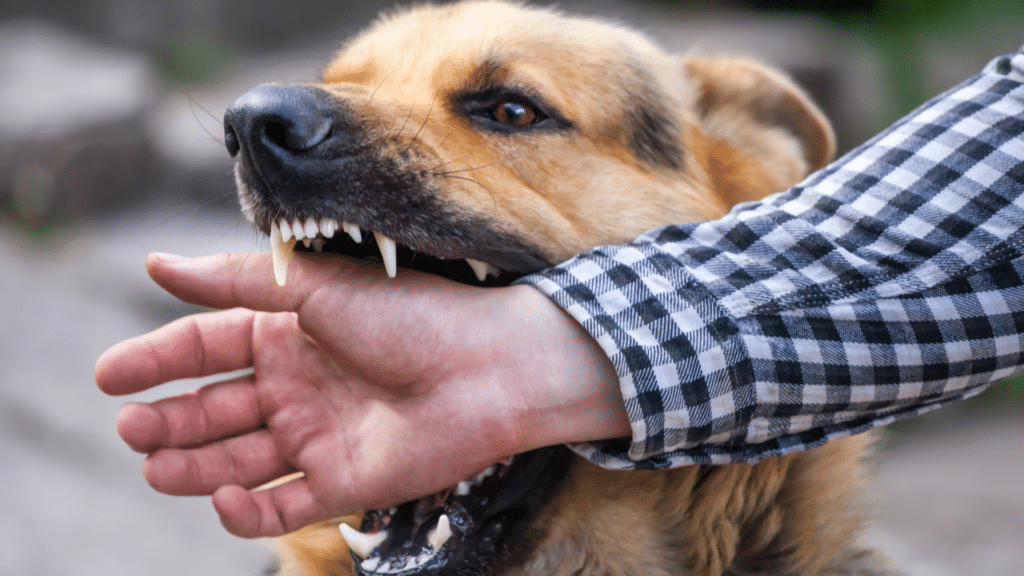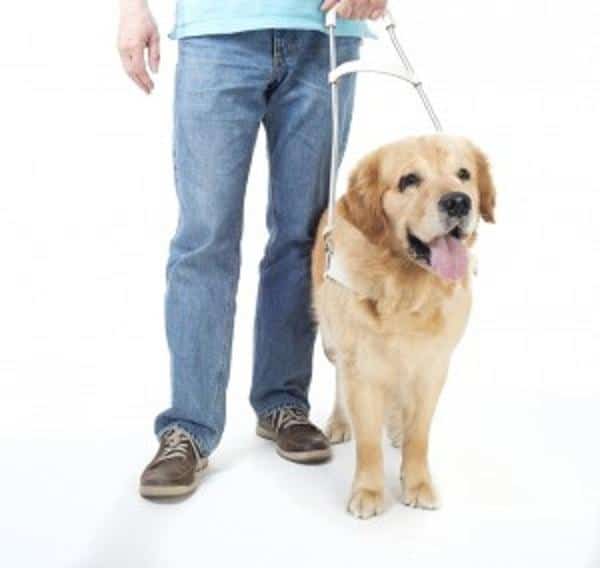
Do I need an attorney after getting bitten by a dog?
If you or a loved one have been bitten by a dog, the Colorado dog bite lawyers at McDivitt Law Firm can help. Our law firm has over 50 years of experience helping families in Colorado hold negligent dog owners responsible for not properly minding their pets. McDivitt Law Firm will fight for you and your family to ensure that you receive compensation for medical bills and any pain and suffering that may arise.
Homeowners and renters insurance policies often cover dog bites, although not all dog breeds are insurable. Breeds such as Pitbull and Staffordshire Terriers, Rottweilers, Chow Chows, Great Danes, Perro de Presa Canario, Akitas, Alaskan Malamutes, German Shepherds, Doberman Pinschers, and Siberian Huskies are often eschewed by insurance providers due to their aggressive tendencies. Getting attacked by an uninsurable dog means that a lawsuit may be required in order to recover all damages associated with your injuries. Pet owners are responsible for their animals and all injuries they inflict.
Dog bite FAQs
What is the statute of limitations for a dog bite case?
The statute of limitations for a dog bite (or other injury caused by a dog) in Colorado is two years. That means an individual has two years from the date the injury occurred to file a lawsuit against the dog’s owner if he/she believes the owner is responsible for the injury.
What are the potential consequences for a dog owner in a dog bite case? What happens to the dog?
If a dog has bitten someone, and the bite resulted in a serious injury, then a lawsuit can be filed against the owner, which could result in the owner having to pay a significant sum or euthanasia of the dog. A dog owner may also face criminal charges from the State of Colorado for owning a dangerous dog.
What can I recover in a dog bite case?
If you have been bitten by a dog, you may be entitled to recover the amount of your medical bills, as well as pain and suffering resulting from your physical injury. Mental or emotional distress would not be covered unless the distress resulted directly from a physical injury.
What evidence is needed in a dog bite case?
Colorado’s dog bite statute (C.R.S. 13-21-124) is a strict liability statute; for Colorado dog owners, this means if a dog bites someone the owner can be held liable, even if the owner was unaware that the dog was dangerous, aggressive or capable of the offense and even if the owner tried to restrain the dog.
Under this statute, a dog owner can be held liable if:
- A dog bites someone who was lawfully on public or private property at the time, and
- if the bite causes serious bodily injury or death.
This statute only covers dog bites. The statute does not apply if a dog jumps on you and knocks you down but doesn’t bite you. It does not cover people who are unlawfully on public or private property.
For cases where an injury is not a serious or deadly one, Colorado’s negligence rules apply. In a negligence dog bite case, you must show that the owner failed to use reasonable care to control or restrain the dog, and a dog bite or other dog-related injury resulted. Unlike the dog bite statute, the negligence rule may be used in cases where a dog causes injury through behavior other than a bite. For example, if a dog knocks you down, you may seek compensation via a negligence claim.
Can I receive compensation for a dog bite injury if I was on someone’s private property?
In short, yes. You can pursue compensation for a dog bite injury even if you were on someone’s private property. But there are several things to consider before attempting to file a suit. To help you decide if you have a case, we’ve outlined key elements considered during a dog bite lawsuit:
- Whether you were trespassing: To receive compensation for a dog bite, you must have been a welcome guest on the property. For example, if someone invited you over and you were severely bitten by their dog, you would have grounds to seek compensation. If you were trespassing, you likely wouldn’t be able to sue for damages.
- How bad your injuries are: Though you can seek compensation for all injuries, you’re more likely to win a settlement if you have significant injuries. For example, a bite that doesn’t break skin won’t be worth a case, but a bite that requires stitches will.
- The dog’s past behavior: Being attacked by a dog with a history of aggression can impact your chances at compensation. If someone invited you onto their property knowing they had an aggressive dog and you were attacked, they may be seen as negligent. If you’re the dog’s first bite victim, the incident may be considered a freak accident.
- Your actions leading up to the attack: Finally, your case’s outcome will also depend on how you acted toward the dog beforehand. If you did nothing to provoke the attack, you have a stronger case. If you threatened or otherwise bothered the dog, or did something the owner warned against, it could hurt your case. Additionally, if you were playing with the dog, it can complicate your case. For example, if you played tug-of-war with the dog, and it readjusted its grip and accidentally bit your hand, this may not be considered an attack.
As you can see, many factors should be considered for a dog bite that happened on someone’s property. If you believe you were involved in a dog attack and had the right to be on the property, speaking to a lawyer can help clear things up. Call a dog bite injury lawyer at McDivitt. We’ll give you a free consultation to let you know if you have a case.
Case study
For over 50 years, the dog bite lawyers at McDivitt Law Firm have supported dog bite victims and their families as they heal from this traumatic and physically damaging experience. We are able to quickly build a solid case for our clients that is designed to recover maximum compensation. After a dog bite, we work quickly to get you and your loved ones the money you need to pay for medical expenses and recovery. While we make every attempt to settle dog bite cases out of court, we are experienced litigators who aren’t afraid to take on large insurance companies and hold negligent dog owners accountable for their lack of care.
Case study
A two-and-a-half-year-old girl was playing at a park when a dog bit her on her cheek. As a result, her mouth was forced to become much smaller due to the subsequent scar tissue from the bite and the necessary stitches. For clarity, picture speaking out of one side of your mouth. It was difficult to brush her teeth on the injured side of her mouth, which we at McDivitt knew would create a significant amount of potential future issues and lasting damage for her life. Because her face was significantly changed, the attorneys at McDivitt Law Firm provided a plastic surgeon’s estimate for future remediation. The settlement ended up being close to half a million dollars.
This is one of many successful cases McDivitt Law Firm has won on behalf of our clients. Dog bites may cause lasting physical and emotional damage, but with our help, we will get you and your family the justice and compensation you deserve for a far better quality of life.

